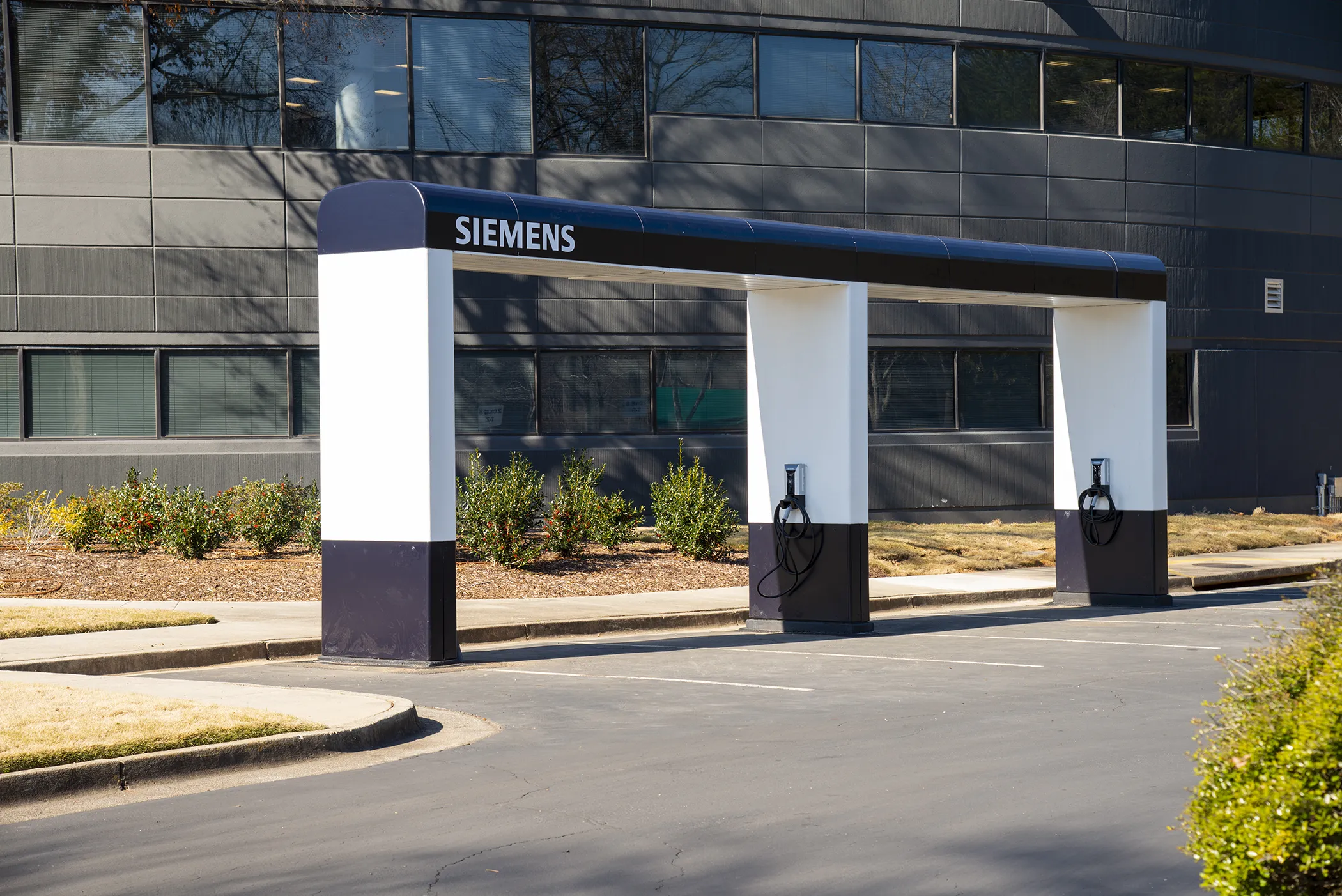Nissan has teamed up with leading European utility and Electrical Vehicle (EV) supply equipment companies to speed development of cheaper, smaller, quick chargers for EV batteries, and accelerate the installation of publicly available Quick Charge (QC) points right across Europe. This agreement between Nissan, Circutor, DBT, Efacec, Endesa and Siemens is expected to result in a dramatic reduction in the price of the units – by over half to under €10,000 (US$13,668) – paving the way for businesses such as se
June 22, 2012
Read time: 2 mins
This agreement between Nissan, Circutor, DBT, Efacec, Endesa and Siemens is expected to result in a dramatic reduction in the price of the units – by over half to under €10,000 (US$13,668) – paving the
way for businesses such as service stations, car park operators and retail outlets to install quick chargers and run them profitably as a commercial enterprise. This will mean Nissan Leaf drivers, as well as other quick charge-enabled vehicles, could use their car for longer journeys and recharge the car’s battery to 80 per cent capacity in less than half an hour. A Cha de Mo DC quick charger delivers 50 kW of high-voltage direct current (DC) electricity straight to the battery, speeding up the charging process.
As a result of Nissan’s intervention, it is expected that there will now be thousands of QCs across Europe by the end of 2012, and tens of thousands by 2015







